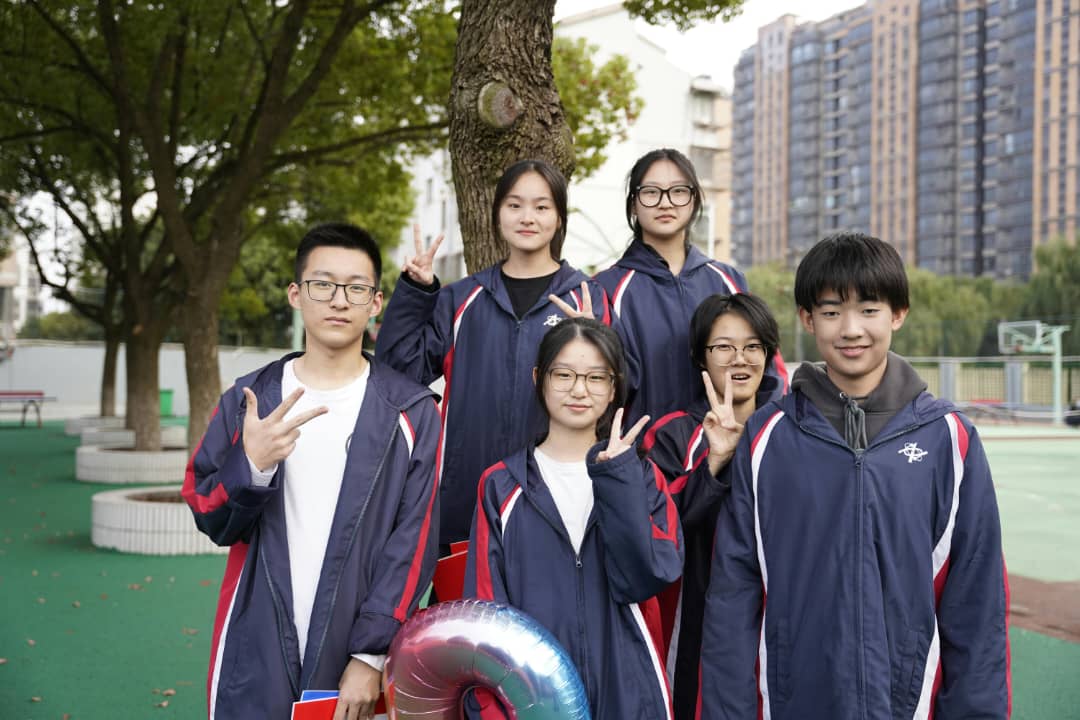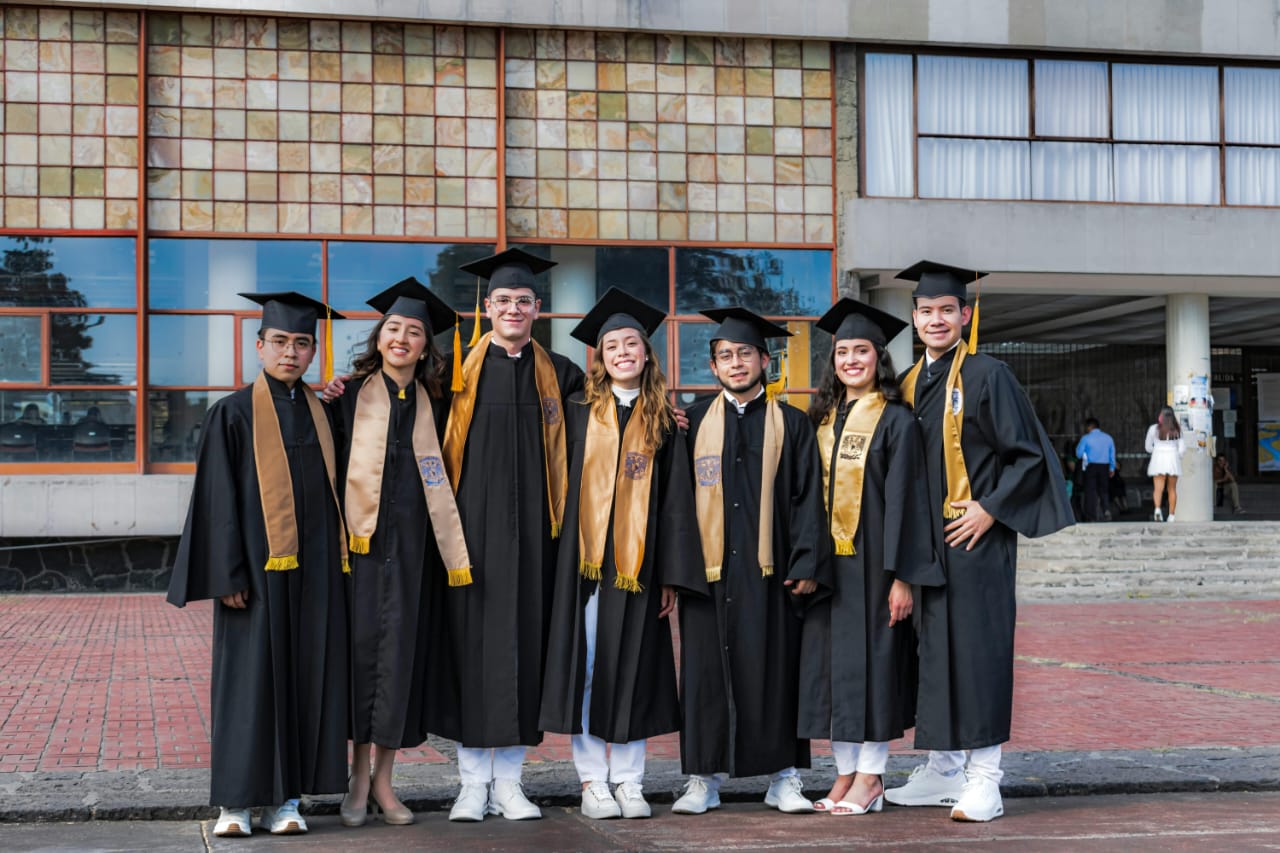Fully Funded Scholarships in China for International Students
Introduction
Fully Funded Scholarships in China has become a popular destination for international students due to its rich culture, strong academic programs, and growing influence in global education. With numerous universities offering world-class programs, students from all over the world are now eyeing opportunities to study in China. One of the most attractive aspects of studying in the country is the availability of fully funded scholarships that cover tuition, accommodation, and living expenses.
Fully funded scholarships in China provide an excellent opportunity for international students to pursue higher education without the financial burden. Many Chinese universities, in collaboration with the Chinese government and various organizations, offer these scholarships to talented students from diverse backgrounds. These scholarships help to bridge the gap for students who otherwise may not afford to study abroad.
Moreover, China is increasingly becoming an education hub, not just for its native population but also for students from various countries. The government has made concerted efforts to internationalize its education system, with more than 500,000 international students currently enrolled. The fully funded scholarships play a significant role in this initiative, making China an attractive and affordable option for quality education.
Entry Level Scholarships for Immigrants
For students who are considering starting their academic journey in China, there are several entry-level scholarships available. These scholarships are typically aimed at undergraduate students who are looking to pursue their bachelor’s degree in fields ranging from engineering and medicine to social sciences and arts. One of the most renowned entry-level scholarships is the Chinese Government Scholarship (CSC), which is offered to international students through various Chinese universities.
The CSC Scholarship covers tuition, accommodation, medical insurance, and a monthly stipend to help students with living expenses. This scholarship is open to students from various countries, with preference given to students from developing nations. The application process for the CSC Scholarship usually begins in early January and closes around April. Applicants are advised to prepare their documents well in advance and adhere to the deadlines set by their chosen universities.
Another notable scholarship is the Confucius Institute Scholarship, designed specifically for students who are interested in studying the Chinese language and culture. This scholarship aims to promote the global understanding of Chinese culture and language and is available for undergraduate students enrolling in Chinese language programs. Like the CSC Scholarship, it also covers tuition, accommodation, and living expenses, making it a great option for students looking to immerse themselves in the Chinese language.
Additionally, there are scholarships offered by individual universities, such as the Beijing Government Scholarship, the Shanghai Municipal Government Scholarship, and the Silk Road Program. These scholarships target specific regions or fields of study and offer full or partial coverage of the student’s expenses. Students are encouraged to explore the various options available based on their academic interests and regional preferences.
Visa Requirements for International Students in China
For international students looking to study in China, obtaining a student visa is an essential step in the process. The main visa type for international students is the X Visa, which is divided into two categories: X1 and X2. The X1 Visa is for students who plan to study in China for more than six months, while the X2 Visa is for students enrolled in programs that last less than six months.
To apply for an X Visa, students must have an acceptance letter from a recognized Chinese university, along with a Visa Application Form (JW202 or JW201). Applicants are required to submit these documents to the Chinese embassy or consulate in their home country. In addition to the acceptance letter and visa application form, students will need a valid passport, recent passport-sized photos, and proof of financial ability to support their studies in China.
Once the visa is issued, students are required to register with the local public security bureau within 30 days of arriving in China. They may also be required to undergo a medical examination upon arrival. It is important to stay informed about the specific visa requirements as they can vary depending on the student’s nationality and the length of their program.
Minimum Wage for Immigrants in China
For international students and immigrants who wish to work while studying in China, understanding the local wage structure is crucial. The minimum wage varies significantly between different cities and provinces. Below is a table outlining the minimum wage in some of the major cities in China:
City/Province** | **Monthly Minimum Wage (CNY)** | **Hourly Minimum Wage (CNY)** |
1. Beijing | 2,320 | 25.3 |
2. Shanghai | 2,590 | 23.0 |
3. Shenzhen | 2,360 | 21.5 |
4. Guangzhou | 2,100 | 20.3 |
5. Chongqing | 1,870 | 19.6 |
6. Tianjin | 2,200 | 22.0 |
7. Hangzhou | 2,280 | 21.0 |
8. Chengdu | 2,020 | 19.5 |
It’s essential to note that the Chinese government allows international students to work part-time while studying, but the work must be approved by their university and local authorities. Students who are found working without permission can face penalties, including fines and visa cancellation.
Application Requirements and Documents for Funded Scholarships in China
1. **Application Form**: Most scholarship programs, including the CSC and university-specific scholarships, require students to complete an online application form.
2. **Admission Letter**: Applicants must provide an official acceptance or admission letter from a recognized Chinese university.
3. **Study Plan or Research Proposal**: This is particularly important for graduate students applying for master’s or Ph.D. programs. The study plan should outline the applicant’s academic goals and objectives.
4. **Letters of Recommendation**: Typically, two recommendation letters from professors or academic mentors are required. These letters should highlight the applicant’s academic achievements and potential.
5. **Transcripts and Certificates**: Applicants need to submit their academic transcripts and graduation certificates from previous schools or universities.
6. **Language Proficiency Test Scores**: If the program is taught in English, students may need to provide TOEFL or IELTS scores. For programs taught in Chinese, the HSK (Hanyu Shuiping Kaoshi) score is required to demonstrate proficiency in Mandarin.
7. **Passport**: A valid passport with at least six months of validity is necessary for the application process.
8. **Medical Examination Form**: Some scholarships, especially the CSC, require a completed medical examination form (Foreigner Physical Examination Form), which needs to be signed and stamped by a licensed doctor.
9. **Personal Statement**: A well-written personal statement can significantly enhance the chances of securing a scholarship. This statement should explain the student’s motivation for studying in China and their future goals.
Websites to Find Funded Scholarships in China
There are various platforms where students can search for fully funded scholarships in China. These websites provide comprehensive information about available scholarships, deadlines, and the application process:
1. **China Scholarship Council (CSC) Website**: The official CSC website is a primary source for information on government scholarships for international students.
– Website: [http://www.campuschina.org](http://www.campuschina.org)
2. **Cucas (China’s University and College Admission System)**: Cucas is an excellent resource for students seeking scholarships at Chinese universities.
– Website: [https://www.cucas.cn](https://www.cucas.cn)
3. **Scholarship Portal**: This global platform offers information about scholarships in China and other countries.
– Website: [https://www.scholarshipportal.com](https://www.scholarshipportal.com)
4. **Confucius Institute Scholarship Website**: For students interested in studying Chinese language and culture, the Confucius Institute website is a great starting point.
– Website: [http://cis.chinese.cn](http://cis.chinese.cn)
More Scholarship Opportunities in Other Countries
- Fully Funded Scholarships in Norway for International Student
- Fully Funded Scholarships for International Students in Japan
- Fully Funded Scholarships in Canada for Undergraduate Students
- Fully Funded Scholarships in Canada with Visa Sponsorship for Foreigners
- Fully Funded Scholarships for International Students in the USA
**Conclusion**
From undergraduate programs to graduate and language studies, these scholarships cater to a diverse range of academic needs.






